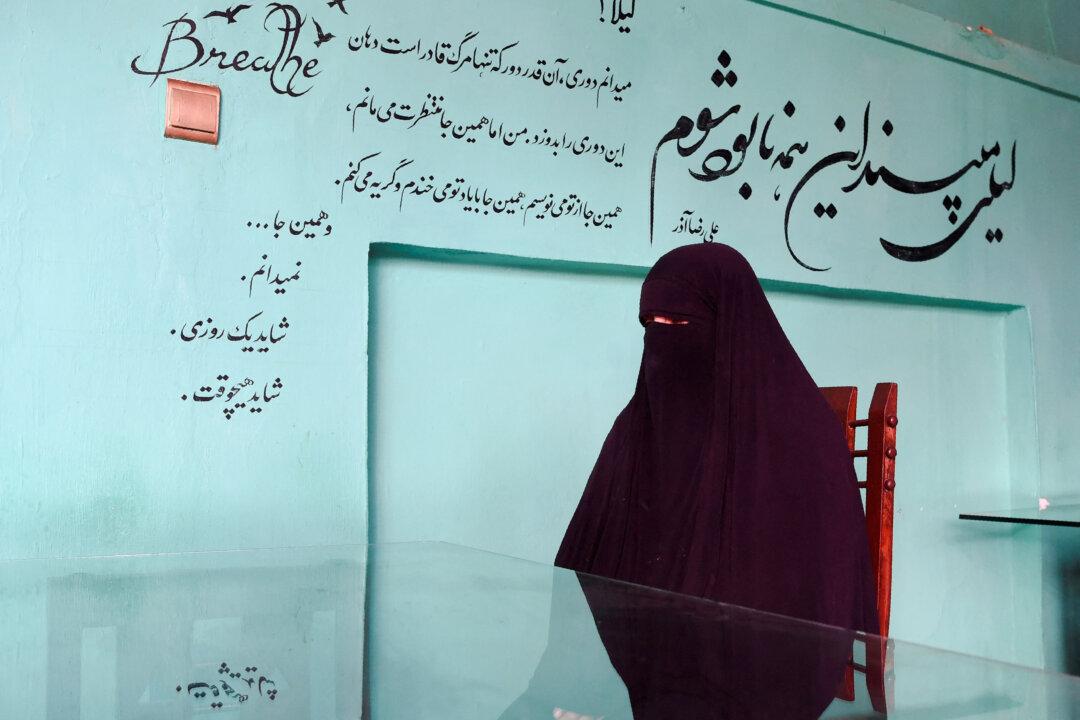A complaint submitted to the United Nations by a global group of 81 concerned citizens seeks a response regarding certain aspects of Sharia law and their connection to human rights violations against women. Submitted on March 8, International Women’s Day, the complaint has yet to receive an acknowledgment or response.
The document asks for a response from the Organization of Islamic Cooperation (OIC), which claims to represent the Muslim world at the U.N., providing a universal codification of Sharia law. The body of religious law, which forms a part of the Islamic tradition based on the Muslim scriptures, especially the Koran, is subject to varying interpretations across the Islamic world. The complaint cites the lack of universal codification as one reason why Sharia is linked to human rights violations against women.





